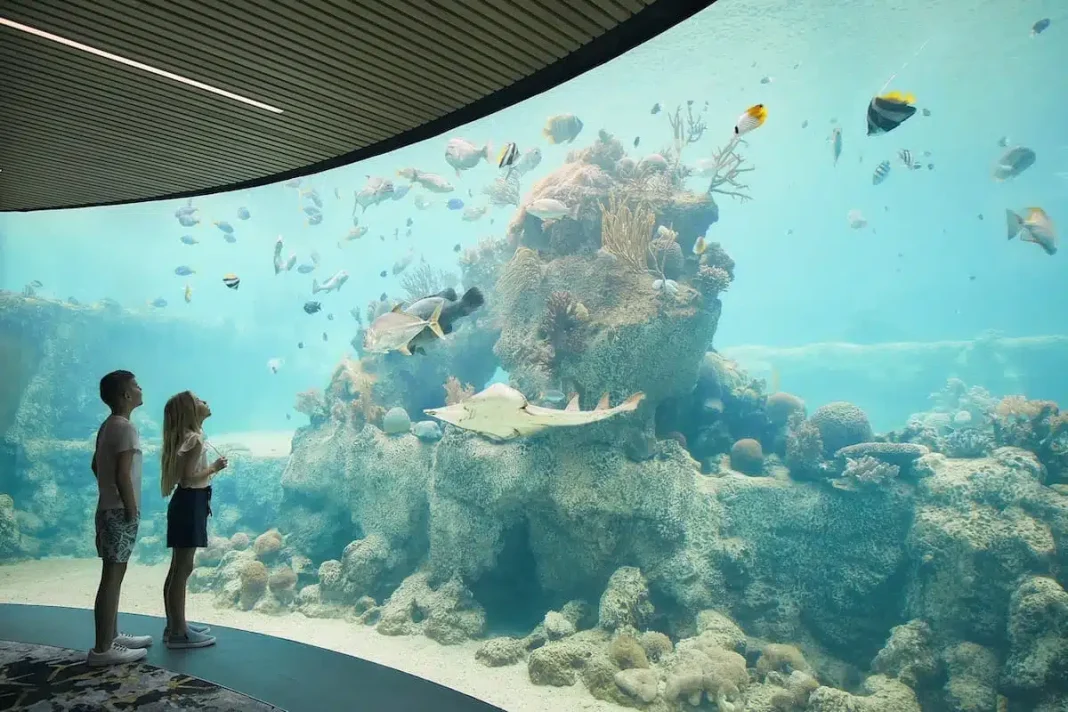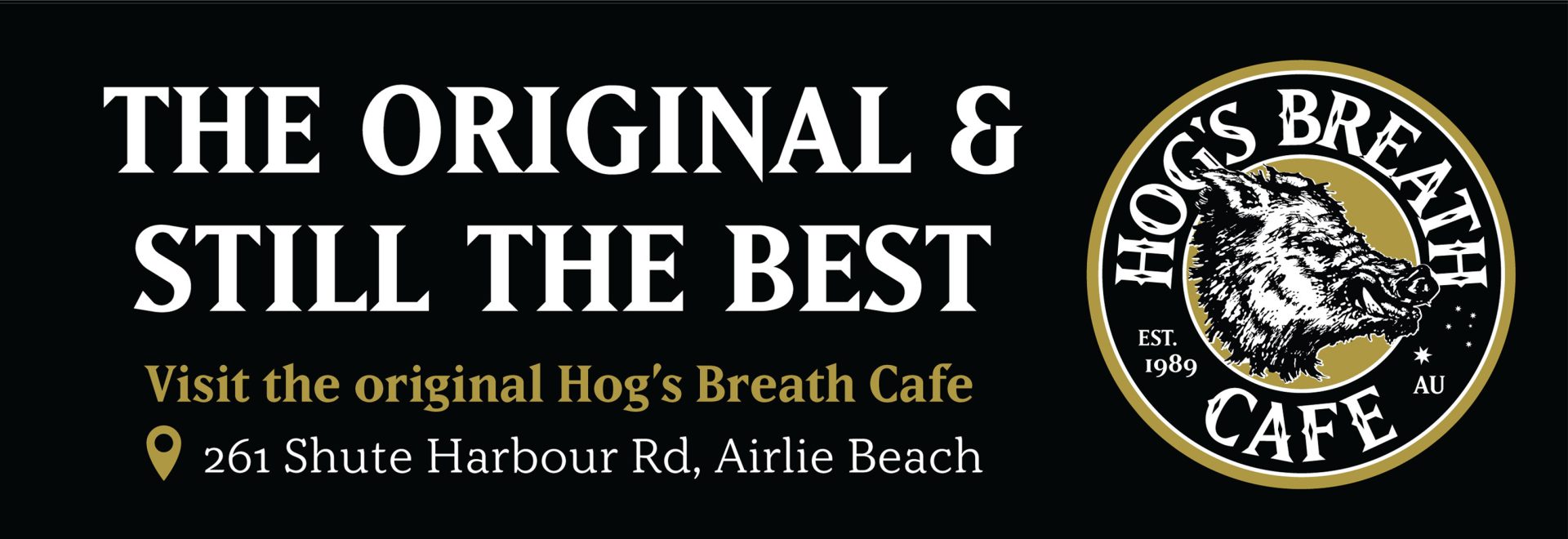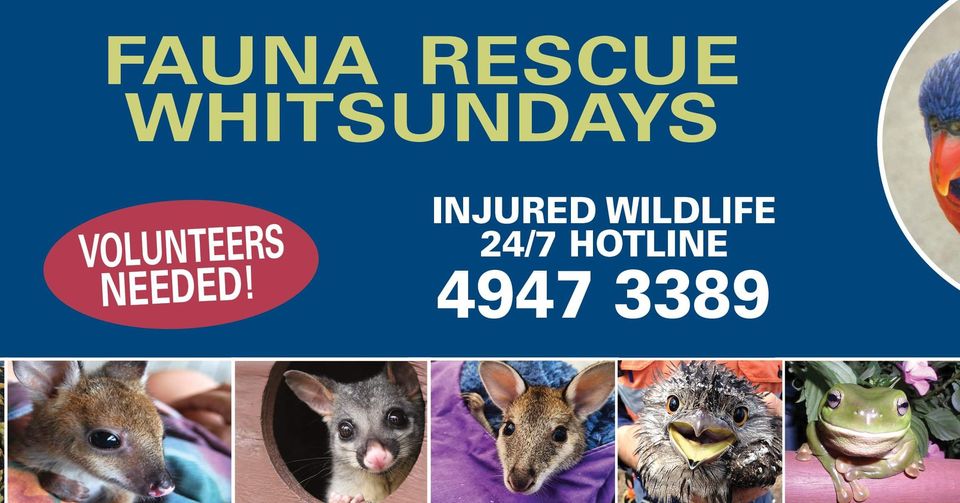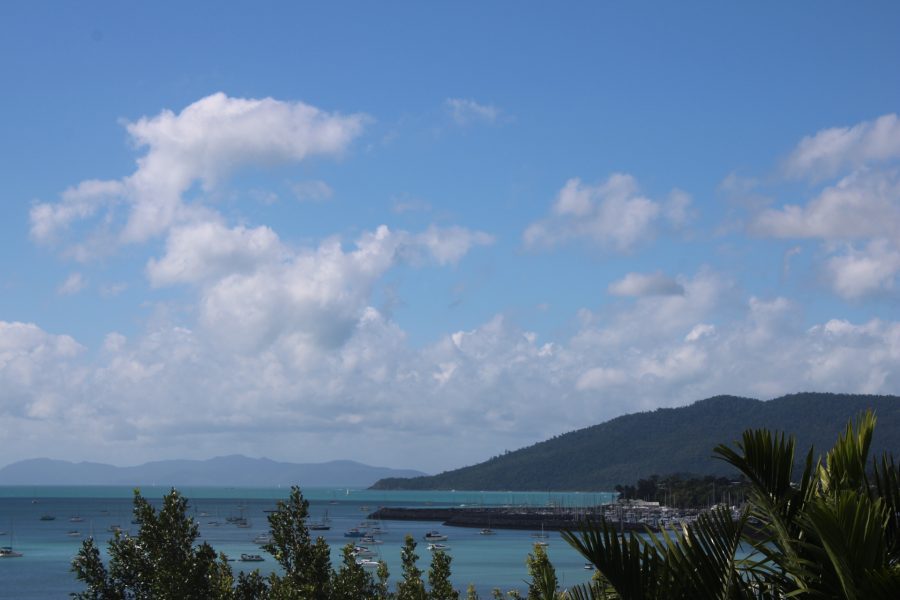IN CELEBRATION of World Environment Day (5 June) and World Ocean Day (8 June), Daydream Island Resort & Living Reef has launched a week-long series of immersive and educational activities.
The activities are designed to spotlight the importance of marine conservation and the urgent need to protect the Great Barrier Reef and surrounding ecosystems.
Running from Monday 2 – Sunday 8 June 2025, the conservation week invites guests to connect with the ocean as stewards of its future.
The program offers hands-on, meaningful ways to engage with the island’s active reef restoration efforts, led by marine specialists who are the custodians of the island’s world-class Living Reef.
The week will highlight the vital work undertaken by the resort’s team to protect and restore the nearby reef, while inviting guests to learn, connect and contribute to the preservation of our planet.
What Daydream Island Resort & Living Reef is doing:
Daydream Island Resort & Living Reef is proud to lead by example.
As the only ECOTOURISM-certified island resort in the Whitsundays, it is home to one of Australia’s most unique reef experiences with its amazing Living Reef, a 200-metre, freeform coral lagoon that holds over 1.5 million litres of water and is home to more than 100 marine species and also serves as a research and education hub.
Whether you’re travelling as a couple, family or solo explorer, Daydream Island’s marine conservation week offers a rare opportunity to combine relaxation with impact.
These events offer unique opportunities to interact with marine experts and learn more about the rich biodiversity of the surrounding reef systems.
Throughout the week, guests will be invited to:
● In addition to their normal tours, they were Fish Feeding on the shore of Lover’s
Cove after lunch, on Monday 2nd June, followed by a “Treasures of the Living
Reef” talk that afternoon. This talk highlighted the small but important things that
the team has been working on around the living reef lagoons, such as
shells, teeth and exoskeletons, where guests get to interact with the treasures.
● On Tuesday 3rd June the team is hosting a presentation on the marine
mammals of the Whitsundays including the upcoming whale season.
● Join a guided coral restoration tour, which runs every Tuesday, Thursday and
Saturday, at 3pm, in the onsite coral nursery.
● Participate in a community beach clean-up on Friday 7th June.
● On Saturday 7th June guests will have another chance to experience the Fish
Feed, at Lovers Cove, followed by a Coral Propagation tour.
● Experience daily talks and presentations by marine biologists throughout the
week.
● Enjoy outdoor screenings of acclaimed environmental documentaries under the
stars with documentaries Beyond the Reef, on Thursday, and Wonders of the Sea,
showing on Sunday.
The Coral Restoration Tour, held three times a week, offers a rare behind-the-scenes look at how corals are cultivated and replanted to help regenerate reef systems.
Led by Living Reef Manager Lisa McMullen, the initiative has already out-planted 136 coral fragments, achieving a 77 per cent success rate for coral restoration since early 2025.
“This is about giving guests a chance to understand not only what coral reefs are, but why they matter,” says McMullen. “Every piece we out-plant is a small but powerful act of regeneration, and a chance for people to be part of something bigger than themselves.”
A Living Classroom by the Sea
Another special feature of the Living Reef is the underwater observatory, which allows visitors to look through a large acrylic window out at a typical reef system.
With qualified marine biologists on site, experiences such as the guided snorkel tour allows visitors to gain a deeper level of learning and fun for children and adults alike.
The resort also participates in important research on sharks and rays.
Why Ocean Conservation Matters
Our oceans are the lungs of the planet, generating more than half of the world’s oxygen and absorbing 30 per cent of carbon dioxide produced by humans.
Yet they are under serious threat from warming waters, pollution, overfishing and coral bleaching.
The Great Barrier Reef, one of the world’s most iconic marine ecosystems and a natural wonder, has already lost an estimated 50 per cent of its coral cover in the past three decades.
Restoration and education are more important than ever.
For more information, visit https://www.daydreamisland.com/






